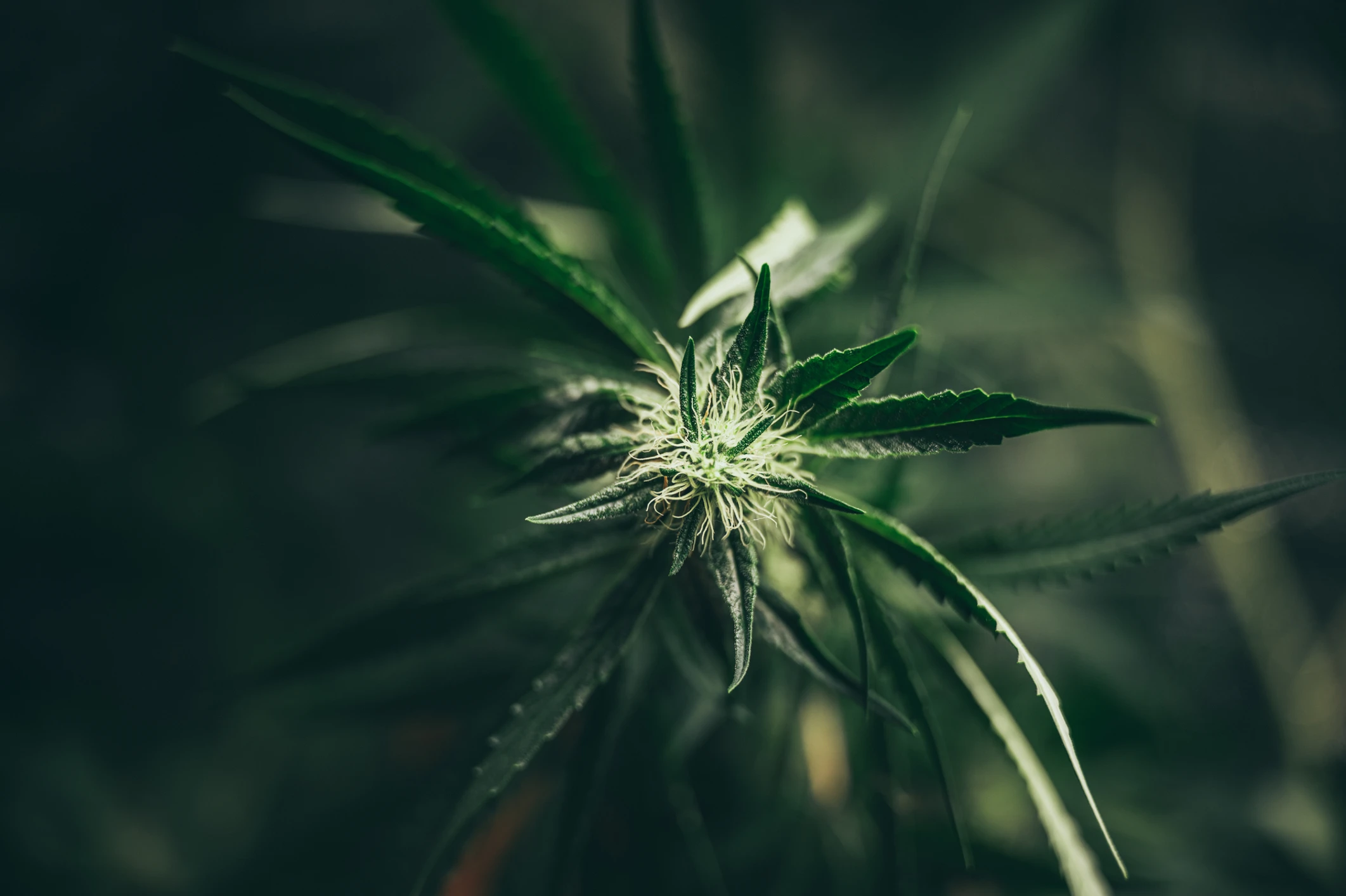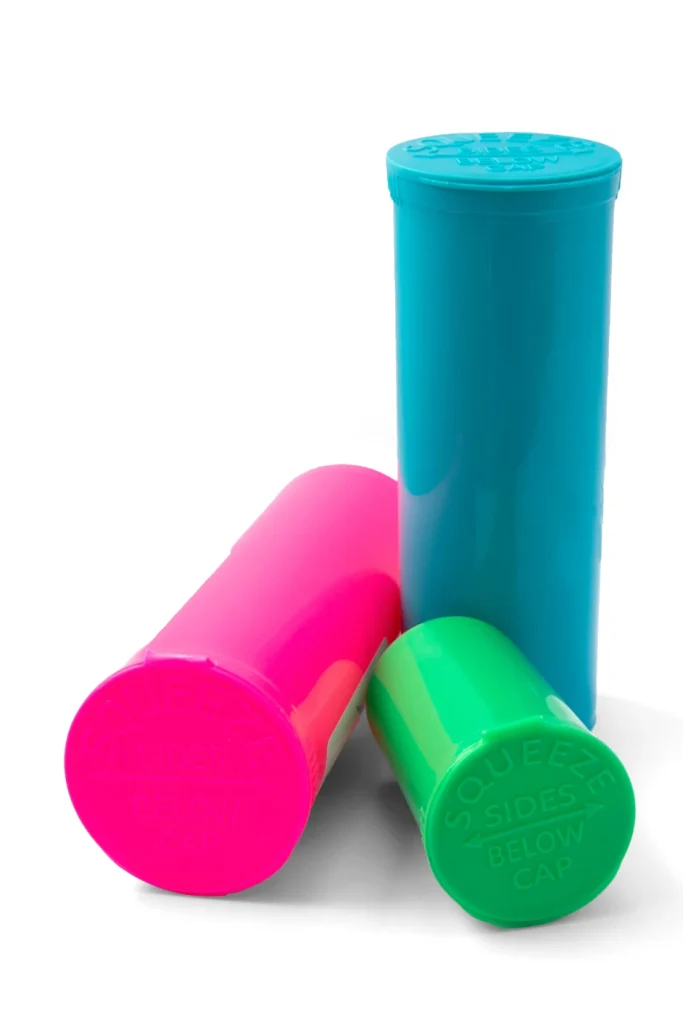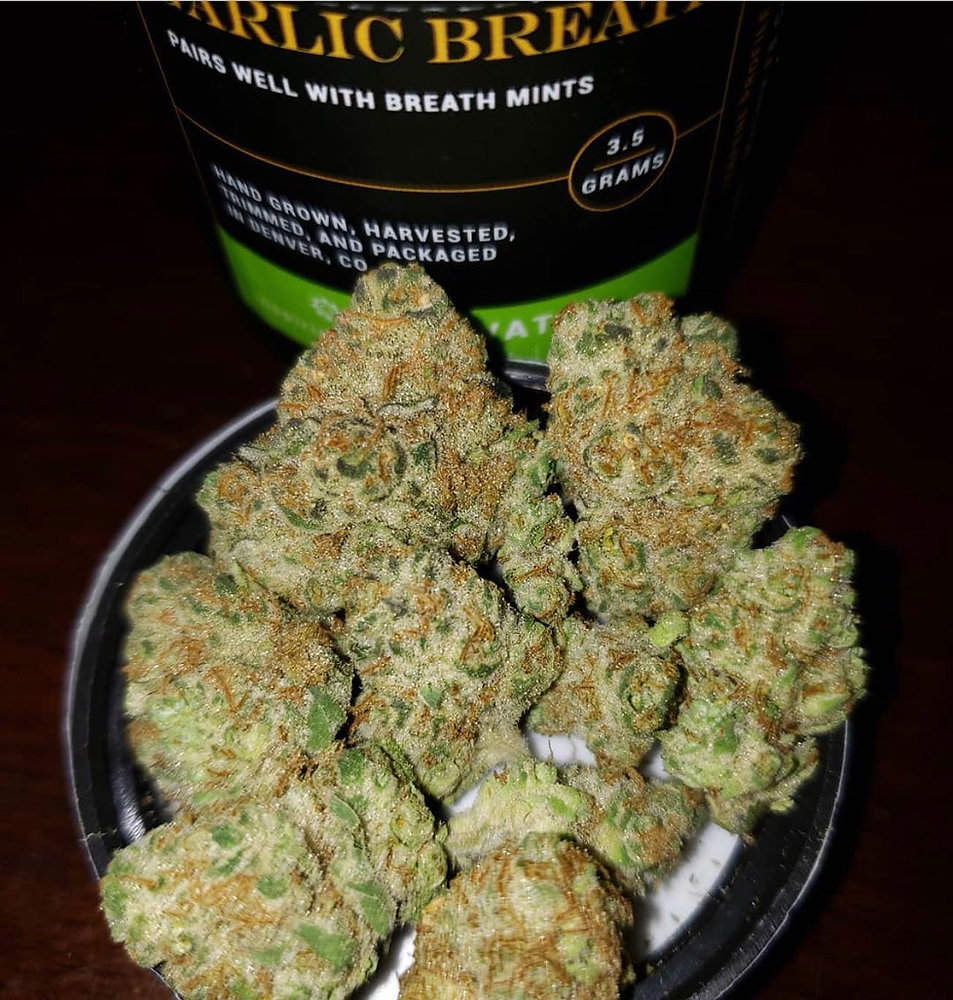
Itʼs been almost six years since recreational legalization in Colorado, and weʼve seen the expansion of the industry grow to include all sorts of flower strains, dabtypes, carts, edibles—legal weed in pretty much any form and product you can imagine. While being one of the first states to go fully legal has definitely been an exhilarating ride, all this new consumer product has generated an unanticipated problem: a rise in cannabis industry waste. And, Colorado is not alone in the cannabis waste issue since more and more states are changing laws.
Why Colorado Is Required by Law to Use Specific Cannabis Packaging
Why are companies required to use all this extra packaging in Colorado? It all comes down to three big laws:
-
Packages must be childproof or placed in a child-resistant exit package
-
Package must be resealable if not intended for single-use
-
Package must be sealed to leave dispensary in an exit bag
What once could be purchased in a basic baggie is now encapsulated in everything from shrink wrap and cardboard to plastic tubs and childproof bags. Anyone who has purchased cannabis can attest to the fact that just getting down to what they purchased can seem to end in a preposterous amount of trash.
Waste Issues with Plastic Cannabis Packaging
Not only is there a lot of cannabis waste out there to contend with, but it is also posing major problems where plastic trash is concerned. Plus, the expectation is for cannabis consumption to rise in the coming years. Some reports even expect just cannabis concentrate sales alone to triple by 2022. Consumers are also having a hard time recycling their plastic cannabis packaging, and most packages are not made to be environmentally-friendly. To make matters worse, some states have stiff regulations about how plastic cannabis waste can be handled, even barring retailers from utilizing their own recycling methods.
One Company Is Converting Cannabis Packaging Waste Into Prosthetics
One surprisingly innovative way cannabis packaging waste is being put to use is to make prosthetics. As many as 30 million people around the world are in need of prosthetics. One company, Kindness3D, has come up with a way to use cannabis packaging waste to create prosthetics through innovative medical advancement and the use of 3D printing equipment. The company itself is located in Nova Scotia where cannabis waste issues are generating a lot of concern. With 3D printing being more financially accessible now than ever, it may be possible to reduce one-time waste by reusing plastic from many avenues, including cannabis plastic waste.

How to Recycle Cannabis Packaging in Denver
Noting the problem, the city of Denver has taken the initiative to educate consumers about how to handle their cannabis waste within the area. Of course, all cities and states handle their waste in different ways, so outside of Denver, it is best to check with local waste management companies for advice. In Denver, however, remember:
-
#2 HDPE and #5 polypropylene plastic containers can be recycled with usual
-
plastic recyclables
-
Glass bottles can be recycled; plastic caps trashed
-
Uncoated paper boxes, aluminum tins, and #5 Polypropylene made with prodegradant can be recycled
Also, keep in mind that mylar bags can be reused and #7 hemp plastic is biodegradable so it is safe to go in the trash.
The Cannabis Industry Is Ever-Evolving as Sustainable and Environmentally Kind
It was a long and hard fight to get cannabis back in full swing as a mainstream consumer product, so you can be willing to bet the industry as a whole will continually improve where sustainability is concerned.
With technology advancing and legalization growing nationwide, we all have to look at what we can do to help recycle, reuse, and reduce waste. Some companies are taking the initiative to create their own plant-based hemp packaging and making use of reclaimed plastic waste from the ocean. Others are looking into specific cannabis-packaging-specific recycling ideas. We look forward to new technology in the future to help create more sustainable practices in the cannabis industry.





